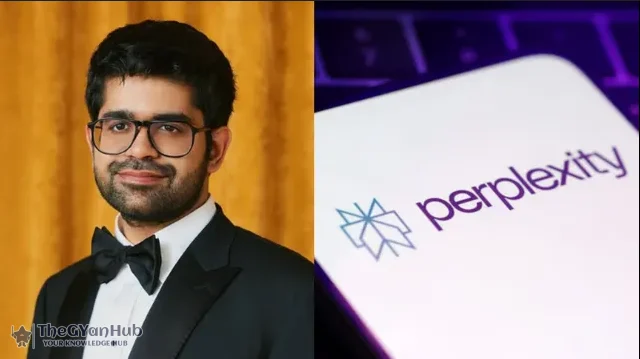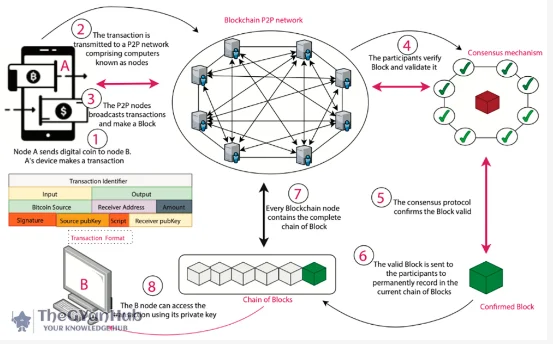I’m a passionate writer who loves exploring ideas, sharing stories, and connecting with readers through meaningful content.I’m dedicated to sharing insights and stories that make readers think, feel, and discover something new.
The Decentralization Call
Prominent technologist Aravind Srinivas has boldly expressed his concerns regarding the state of internet governance today. He contends that a single organization like Google cannot control the internet because it is too important. This perspective has ignited discussions across various platforms, highlighting the need for a more decentralized approach to internet management.

Aravind Srinivas speaking at a tech conference
Why Google Dominates
Google's dominance in the internet space is undeniable. With its vast array of services and products, the tech giant has become synonymous with the internet itself. From search engines to cloud computing, Google's influence permeates every corner of the digital world. This centralization, however, raises concerns about privacy, data security, and the potential for abuse of power.
Many experts argue that while Google's services are convenient and efficient, they come at the cost of user autonomy. The company's control over vast amounts of data gives it unprecedented power, which some believe should not be concentrated in the hands of a single corporation.
The Case for a Decentralized Internet
Advocates for a decentralized internet, like Srinivas, propose a model where power is distributed among multiple stakeholders. This approach could enhance innovation, increase competition, and provide users with more choices. A decentralized internet could also improve data security by reducing the risk of large-scale data breaches.
Increased competition and innovation
Enhanced data security
Greater user autonomy
Decentralization could also empower smaller companies and startups, allowing them to compete on a more level playing field with tech giants like Google.
Opportunities and Difficulties
Making the switch to a decentralized internet is not without its difficulties. It necessitates major adjustments to the infrastructure as well as a change in the way businesses and users communicate online. But it's a worthwhile endeavor because of the possible advantages. A decentralized internet might result in more creative and varied solutions by creating an atmosphere that is more open and competitive.

Concept of decentralized internet
Moreover, decentralization could help address some of the ethical concerns surrounding data privacy and security. By distributing control, users may have more say in how their data is used and shared.
In conclusion
A vital discussion regarding the future of digital governance has been triggered by Aravind Srinivas's demand for a decentralized internet. Even though Google has been instrumental in creating the modern internet, a new era of decentralization might be imminent. This change may result in a more inventive and egalitarian digital environment that benefits both businesses and consumers.
Stakeholders must take into account the ramifications of both centralized and decentralized models as the discussion progresses. Finding a balance that fosters innovation, defends user rights, and guarantees fair competition is essential to the internet's future.
Further Reading
Related articles in this category

El Mencho Killed: The Fall of Mexico's Most Powerful Drug Cartel
February 23, 2026
The recent killing of Nemesio Rubén Oseguera Cervantes, known as 'El Mencho', has led to significant upheaval in Mexico as the Jalisco New Generation Cartel faces a power vacuum. This article explores the implications of his death on the drug trade and national security.

Sam Altman vs. Sridhar Vembu: A Clash on AI and Human Energy Consumption
February 22, 2026
In a recent discussion, Sam Altman compared the energy consumption of AI systems to that of humans, prompting a strong rebuttal from Sridhar Vembu. This article explores their contrasting views on energy efficiency and sustainability.

Trump's Loss, India's Gain? How Tariff Order Could Affect Trade Talks
February 20, 2026
The US Supreme Court's decision to strike down Trump's Global Tariffs Policy may have significant implications for India, potentially reshaping trade dynamics. As New Delhi navigates this change, the global trade landscape could see a shift in power.






